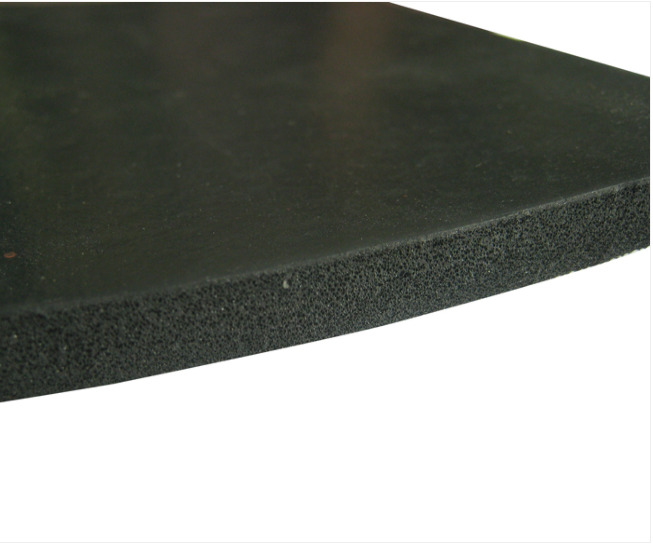
Rubber pads are widely used as materials for shock absorption, sound insulation, and protection, and they often need to be cut to fit different size requirements in practical applications.However, due to the thickness and material properties of rubber pads, how to efficiently and accurately cut them has become a challenge. Today, we will discuss several commonly used methods for cutting thick rubber pads and the scenarios in which they are suitable.
One traditional cutting method is to use scissors or craft knives manually. This method is suitable for small-scale operations, especially when the cutting shape is relatively simple. However, due to the elasticity and thickness of rubber, manual cutting is often labor-intensive and inefficient, and it is difficult to ensure a clean and precise cutting edge.

Thick rubber pad cutting methods
1. Guillotine shear
For mass production and standardized production needs, the guillotine shear is a more suitable choice. The guillotine shear can quickly cut straight line-shaped rubber pads, greatly improving work efficiency. In addition, by adjusting the blade gap of the guillotine shear, the smoothness and accuracy of the cutting surface can be controlled to some extent.
2. Woodworking saw
By modifying the saw teeth into double-blade shape and pouring water to cool the cutting process, this method not only solves the problem of rubber pads sticking due to heating, but also improves the efficiency and quality of cutting.
3. Laser cutting
Laser cutting is a high-precision cutting method that can cut various shapes of rubber pads with high efficiency. However, laser cutting is not suitable for cutting thick rubber pads due to the high cost of equipment and the difficulty of maintaining the equipment. Laser cutting uses a high-energy laser beam to vaporize rubber material to achieve cutting, which is suitable for situations where precise edges and complex patterns are required.
4. Water cutting
Water cutting uses high-pressure water flow mixed with abrasive material to impact cut rubber, which is both clean and produces almost no heat-affected zone.
Users should consider factors such as the scale of the job, the required cutting accuracy, and the budget when choosing a cutting method. They should find the most suitable solution for themselves.

